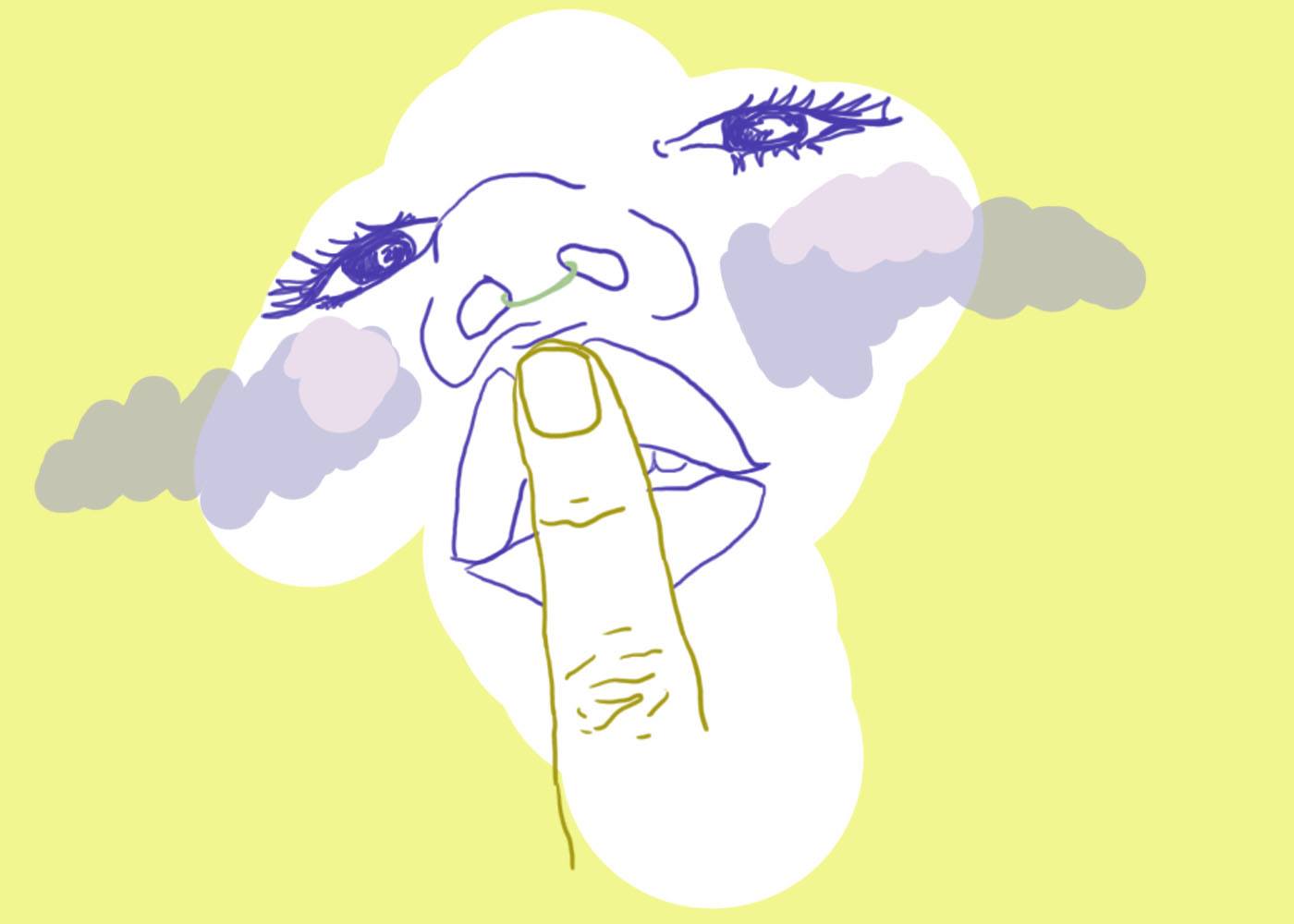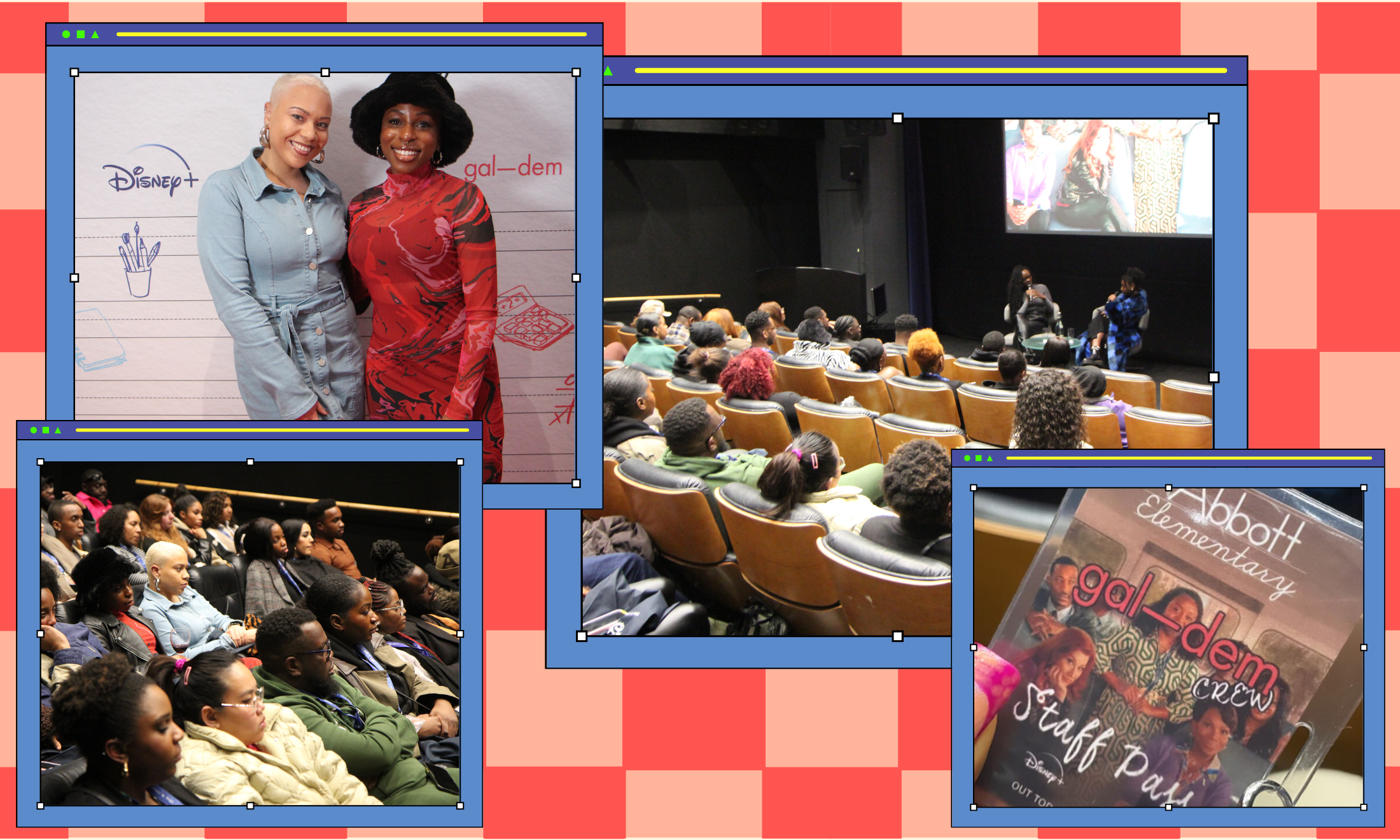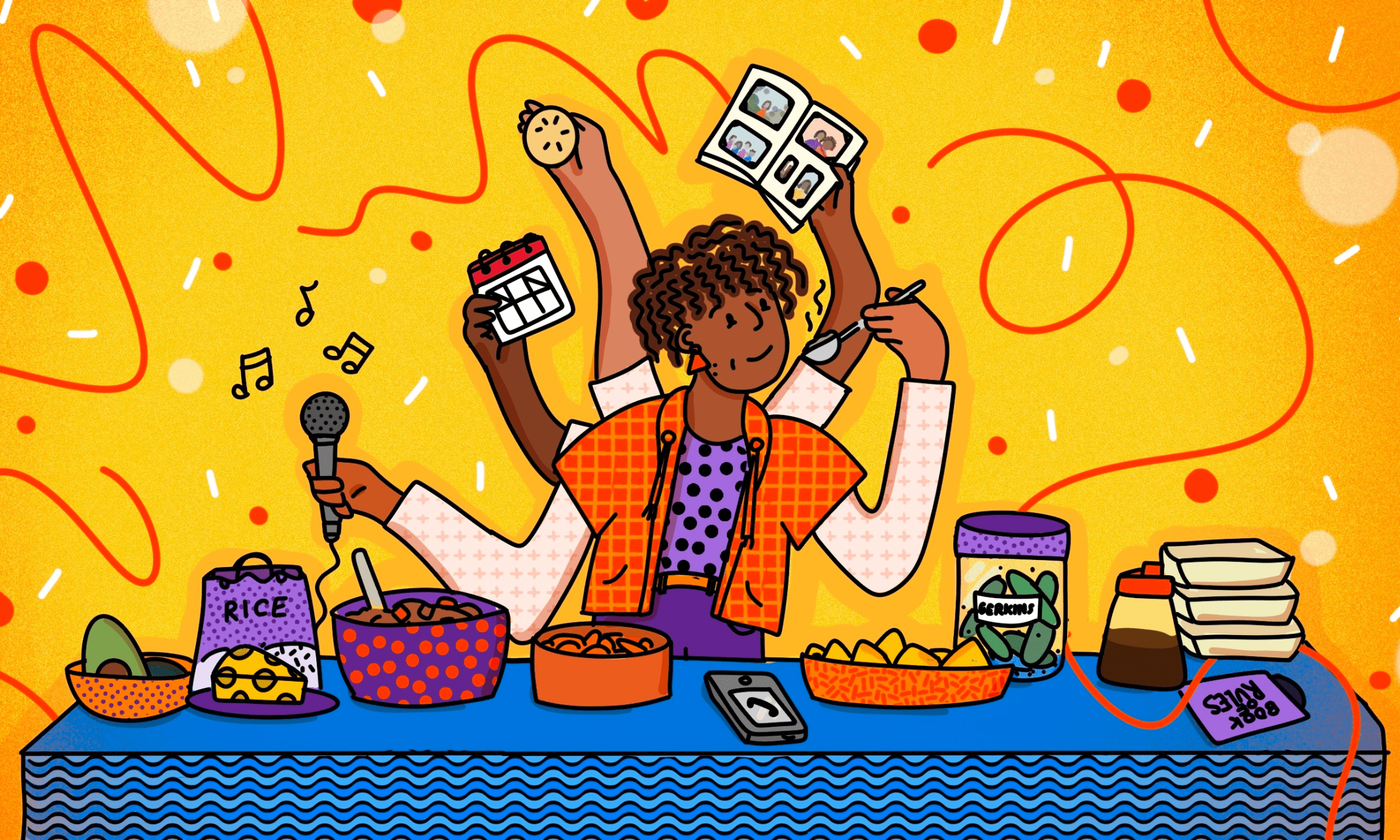
Until two years ago my dating life was, to put it eloquently, dusty. As the eldest daughter to protective, Muslim, second-generation Indians, it was crystal clear that I was not to develop feelings for a boy, unless he came from a similar background and I had intentions of marrying him. However, the time for me to leave the comfort of my all girls’ school eventually came, and I moved over 300 miles away to attend university.
It was here that the revelation that not all boys “only want one thing from you” began to dawn on me. You could actually be friends with them. Yet, I had internalised the mentality of my parents; these beliefs were embedded so deeply within me, I knew it would take me years to unlearn them. I had a medical degree to get on with, and I barely had time to get my eyebrows threaded, so I decided that the effort was too much and I withdrew. I swatted away any male attention that came my way, choosing to live vicariously through the gloriously free and dramatic love lives of my friends.
Then I entered third year. I met a boy, a couple of years older, who was charming, funny, intelligent and beautiful. I liked everything about him. He liked me too. He was perfect. Except he was white. I had two options: end it before I disappointed my family with the confession of my deviation from their norms, or muster up the courage to trust my own gut and follow things through with the boy I was quickly falling in love with. I chose the latter.
“I have learnt that who I decide to marry plays a fundamental role in my parents’ happiness”
Children, particularly girls, raised in Indian cultures are made to believe that the responsibility of their parent’s happiness falls upon their shoulders. I have learnt that who I decide to marry plays a fundamental role in my parents’ happiness, in order for them to ensure that religious, cultural and traditional values are emulated within the next generations to come. This hinders not only my autonomy, but my right to choose who I enter into a relationship with. Furthermore, in the culture in which I was raised, there is no such thing as a “boyfriend”- you are single until you are engaged to be married.
Though my upbringing has always been fairly liberal, and I feel deeply connected to and passionate about my Indian culture and heritage, my relationship with my now boyfriend of two years has been a source of friction with my mother, who is still emphatically employing a “don’t ask don’t tell” attitude a year after being told about him. When I confessed his existence to her, she insisted that it was “just a phase”, and that “infatuation is something we all go through, but eventually get over”.
As for my father, he still has no idea. Most upsettingly, this situation has been a source of inner turmoil, anxiety and self-blame for putting my mother in a situation in which she must lie to him every time I go away for the weekend “to see [enter girl friend’s name]”. I fret constantly over the possible reactions my father could have when he eventually finds out about this relationship. I have agreed with my mother to tell him in two years’ time, once I have graduated and can support myself financially; however, the constant lying is taking its toll on me and I am now contemplating telling him sooner.
“The South Asian community, while providing space for a beautiful, minority culture to flourish and express its values, can often have underlying themes of competitiveness”
I have admittedly resented the burden of traversing my own cultural hybridity at times. The South Asian community, while providing space for a beautiful, minority culture to flourish and express its values, can often have underlying themes of competitiveness. Gossiping is rife, bringing with it a pressure to avoid being the subject of such gossip. This results in my parents’ worst fear manifesting as: “what will people say?”
Unfortunately, I’ve had to work through this complex and often infuriating situation on my own: my friends, who are mainly white, are sympathetic but unable to truly relate, and most of my family (besides my incredibly encouraging sister) don’t know. Although my boyfriend has been wonderfully supportive and reassuring, this has been extremely taxing on our relationship. My anxiety makes me wonder if he’s secretly longing for a “simpler” relationship with a white woman, whose family can love him as soon as they meet him, as most people do.
My feelings of self-blame arise again for putting him through such an unfair process, while he feels helpless in the way of trying to stop me feel as such. As much as his family are incredibly welcoming, it feels the issue is an elephant in the room, the intricacies of which they will never fully understand. The guilt of staying at his house, visiting them so often and being unable to return the favour consumes me.
“Women like us are the future; it is us who may bring children into this world that will have the privilege of knowing two cultures”
There is an insistence among my friends that “I am in the right and my family are in the wrong,” however, this is not the case. We must bear in mind the existence of cultural relativism: what exists here is not right and wrong, but a clash of equally valid cultures, in the midst of which I have placed myself. Doing what I have done does not mean losing my cultural heritage, or the values I have acquired because of it. Women like us are the future; it is us who may bring children into this world that will have the privilege of knowing two cultures.
At the moment, it’s the hardest thing I’ve ever gone through. But for now, all I can do is continue to attempt to traverse this complex issue and talk it out with those closest to me, even if they can’t truly relate. I must be the change I wish to see in the world, and take solace in the knowledge that it will be different for my daughters.









